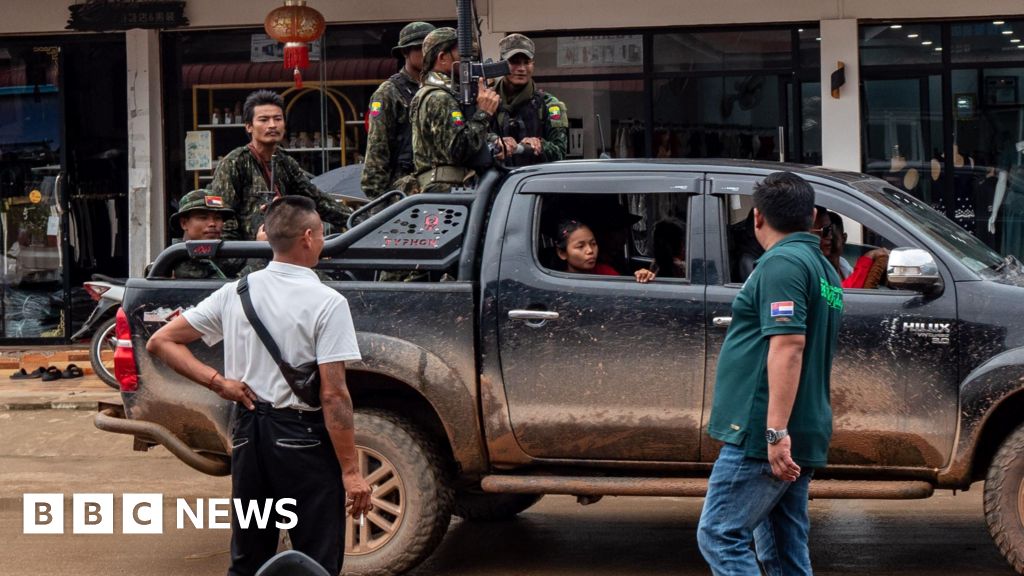Major trade unions in Argentina have called for a countrywide general strike on Thursday for the second time in less than five months.
People in Argentina are protesting against austerity reforms and measures by the country’s libertarian President Javier Milei.
For 24 hours, public transport including trains, buses and flight services will be shut down.
Last time, the general strike in January, saw demonstrations nationwide. It was organized by the largest umbrella union — the General Confederation of Labor (CGT).
Why are people protesting in Argentina?
Since taking office in December, Milei has announced a raft of public spending cuts and asked lawmakers to approve a sweeping reform bill that makes it easier to privatize public companies. The bill includes measures that weaken labor protections.
Argentina's lower house of Congress gave President Javier Milei a boost at the end of April by approving the reform bill ahead of a final Senate vote.
The draft law, dubbed the "omnibus bill," if approved by the Senate, will give Milei sweeping powers to legislate on administrative, economic, financial, and energy-related issues for a year.
But many fear the law will leave them vulnerable to exploitation, and poorer.
The threat of massive job cuts in the public sector, reduced subsidies, and strained welfare programs moved tens of thousands to protest in January.
The South American country is going through an acute economic crisis and is experiencing a record inflation rate of over 280%.
Mass strike tests Argentina's radical new president
mfi/rm (dpa)

 8 months ago
32
8 months ago
32









